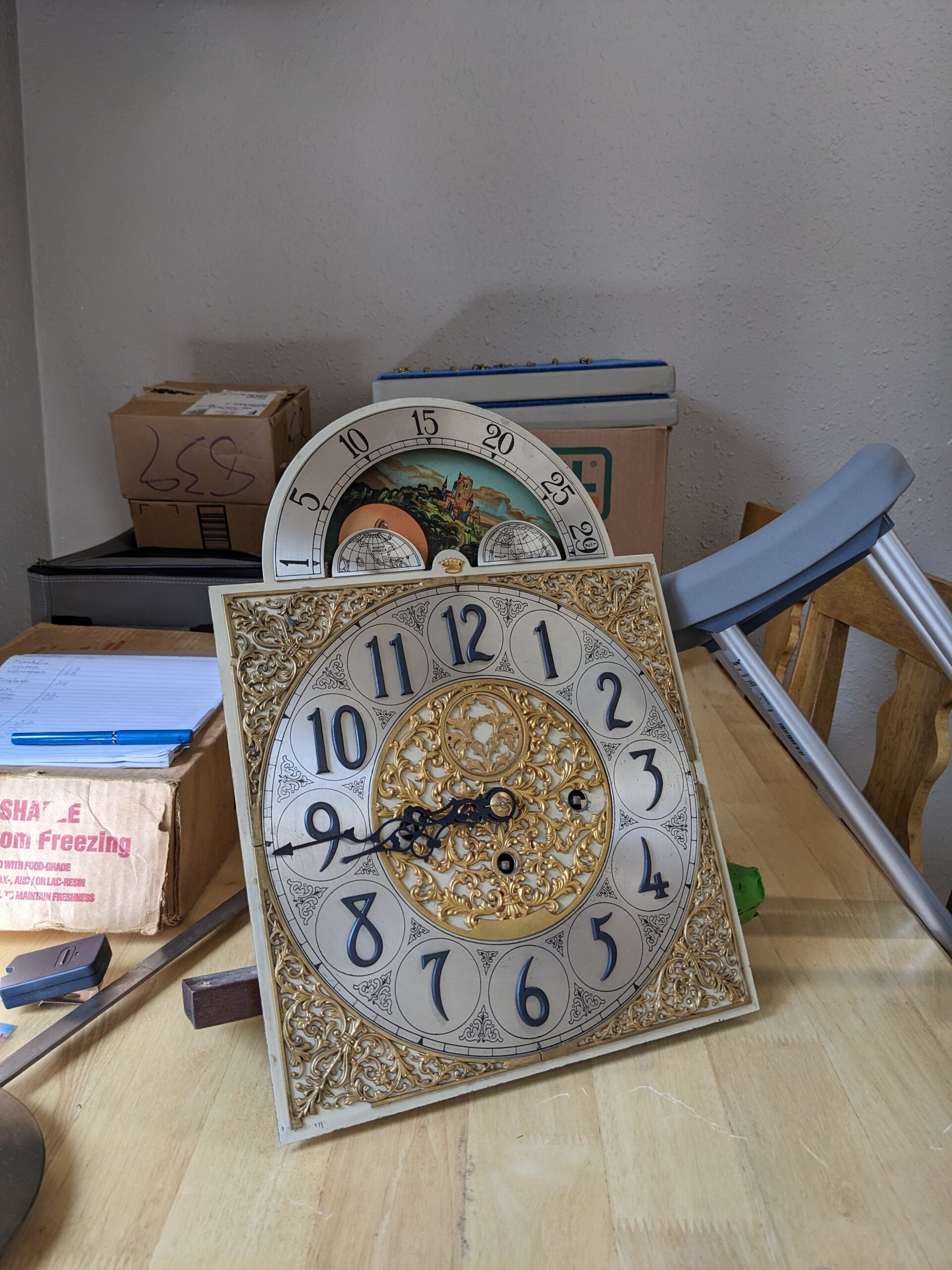
Our experiences have led us to explore various healing practices that not only supported Andy but also benefited me as his caregiver.
As a reluctant caregiver for my extremely disabled husband, Andy, for almost seven years, I experienced firsthand the intense demands and emotional toll of caregiving. Andy’s Parkinson’s Disease left him unable to perform even the simplest tasks independently. The relentless shaking only ceased when he was deeply asleep, and I found myself responsible for his every need. This situation led to a profound sense of loss and anger over our changed lives.
After nine years of Parkinson’s, Andy underwent DBS (deep brain stimulation) surgery, which restored much of his muscle function and independence. This transformation turned my caregiving role from a hurricane into a manageable rainstorm. Reflecting on those challenging years, I realized how crucial practical advice is for caregivers.
- Prioritize Self-Care: Carving out personal time each day to tend to my own needs, whether through a morning routine or moments of quiet, helped maintain my sanity.
- Set Boundaries: Establishing a clear structure where Andy knew not to interrupt my personal time unless absolutely necessary was vital.
- Encourage Independence: Finding ways for Andy to perform simple tasks on his own, like drinking from a straw or holding a snack, helped maintain his dignity.
- Seek Help: Don’t hesitate to ask for assistance from friends, family, or community resources. It’s essential for your well-being and your relationship with your loved one.
- Cherish Affection: Regular moments of physical affection, even if brief, were essential for our emotional connection and well-being.






Be the first to reply